After declining the referendum, President Gustavo Petro is now promoting a ballot for constituent assembly: What is he seeking?

President Gustavo Petro kept his promise to repeal the "decree" when the labor reform was agreed upon. However, he did not abandon his intention to initiate a constituent assembly process, a threat he used in the event the bill was defeated and the call to vote to decide on it was prevented. After announcing the end of the controversial decree, he also proposed a ballot to initiate a constitutional process.
"That's why a ballot will be issued to convene the National Constituent Assembly in the upcoming elections. I await the decision of millions so that the next government and Congress have the imperative mandate to build a social state of law, social justice, profound democracy with the people, and peace," the president said in a tweet.
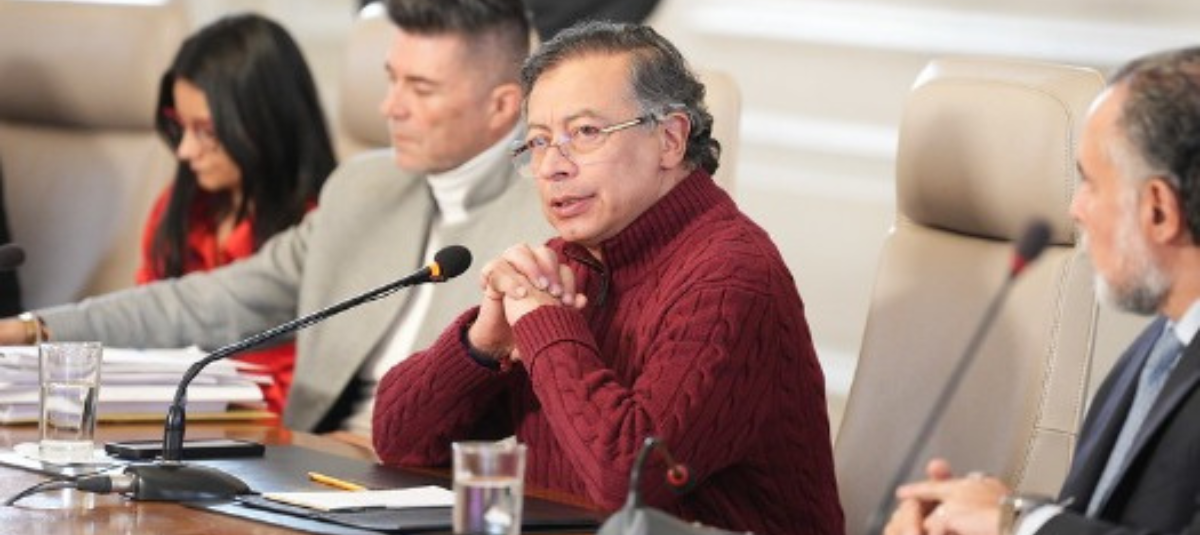
President Gustavo Petro during the cabinet meeting on Tuesday, June 17. Photo: Presidency
The proposal has had various interpretations. In the legal field, the President has been reminded that the proposed mechanism makes no sense, given that the Constitution is clear on how an assembly should be convened to reform it. “The procedure for constitutional reform is clearly established in the Constitution, and to date, no steps have been taken in that direction. Therefore, any other nonexistent procedure for doing so is strange,” said constitutional lawyer Juan Carlos Ospina.
The procedure in question requires the House and Senate to approve a bill allowing citizens to vote on whether they want a constituent assembly or not. This bill must be approved by a special majority, and the text must clearly state the number of constituent assembly members, the election system, the topics to be discussed, and the start and end dates. The Constitutional Court must then review the law, and if it is approved, the call to the polls must take place within a period of two to six months. For an assembly to begin, one-third of the electorate must vote yes, equivalent to nearly 13 million votes.
Former Constitutional Court President Alfredo Beltrán also referred to this option, recalling that there are three ways to change the Constitution, none of which is the one proposed by the president. Former constituent assembly member Gustavo Zafra also spoke along these lines, asking the president to continue the path of respect for institutions he demonstrated when he complied with the Council of State's suspension of the decree.
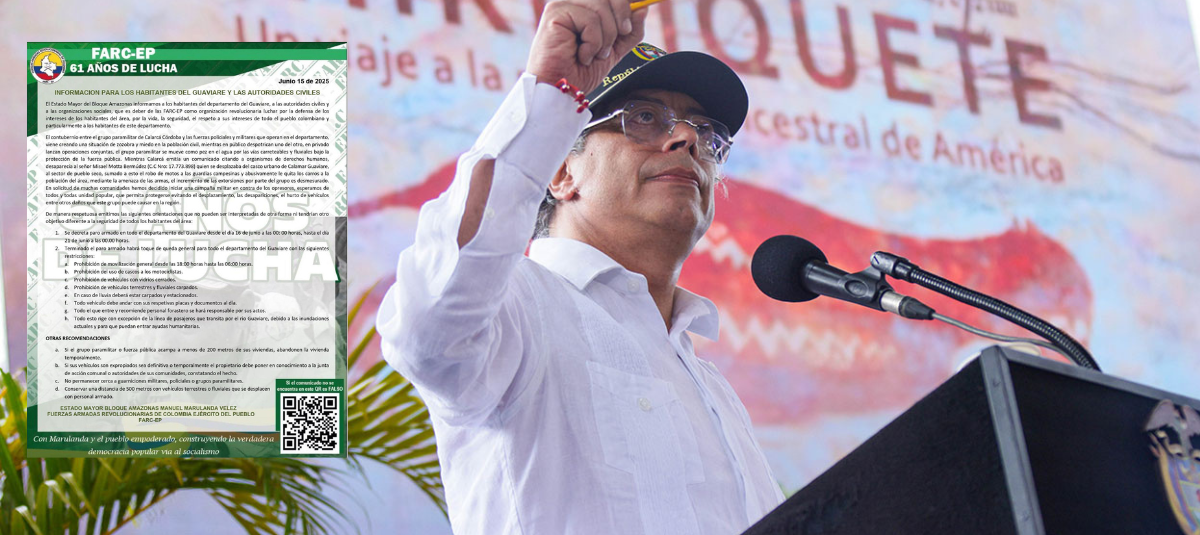
President Gustavo Petro. Photo: Infopresidencia - Social Media
Specifically, those who participated in drafting the 1991 Constitution indicated that what the president is trying to do is replicate what was done with the seventh ballot; even the Minister of the Interior, Armando Benedetti, called it the eighth ballot, but that in this case there is no need because there are already mechanisms for reforming the 1991 Constitution, and the lock that prevented modifications to the 1886 Constitution does not exist.
"It's a completely inappropriate and unconstitutional process. When students proposed the seventh ballot mechanism in 1990, in response to the assassinations of several presidential candidates and the prevailing violence, the Constitution did not allow for the convening of a constituent assembly to reform the Magna Carta, since, according to the massive votes in the 1957 plebiscite, only Congress could reform it," said former constituent member María Teresa Garcés.
Garcés, who participated in the drafting of the current constitution, and Beltrán, former president of the Constitutional Court, agreed that the mechanism is unworkable. At the time, university students proposed introducing a seventh ballot, but it was only counted because President Virgilio Barco used the state of siege to issue a decree ordering its registration. Now, states of emergency do not have that scope. "The discussion took place with a state of siege decree; it didn't have effective, drastic control. Now, there's no such mechanism because there are clear regulations," explained former judge Beltrán.
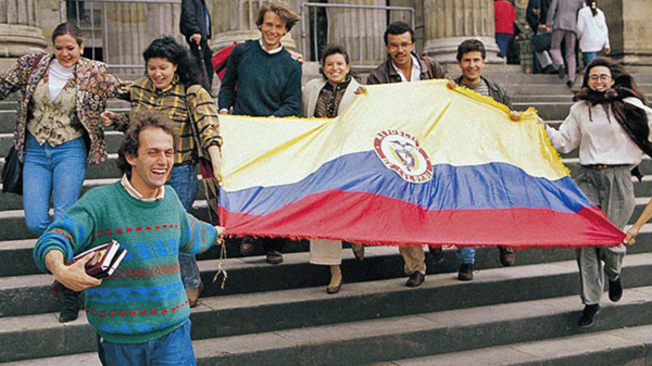
Students from the seventh ballot. Photo: Archive
This way, they would be able to include any ballots that were needed and would not be counted because there is no law or mandate requiring the Registry to take them into account. Furthermore, since the mechanism for invoking the Constitution already exists, it is unlikely that a law requiring them to be counted can be passed.
An electoral move Various sectors agree that this would be a political move, even Interior Minister Armando Benedetti himself acknowledged: "It's not for the Petro government, but to express the voice of the people and the existing discontent. Thus, the next government would carry this mandate to seek a Constituent Assembly. The goal is for the people to express the discontent that exists in Colombian society, which must be reflected in a new social treaty called the Constitution."
Yann Basset, a professor at the Universidad del Rosario, raised the issue in terms of the 2026 elections . "He's trying to change the terms of the 2026 elections. They're not about the balance of his administration, but rather about the constituent assembly. It's a distraction, a strategy to change the subject to favor his political leanings," he noted.
Professor Juan Federico Pino of CLACSO Ecuador took a similar stance. He noted that the proposal is aimed at 2026: "It's a strategy to find a rival faction and be able to polarize." He added that Petro would seek to directly clash with the right to eliminate any possibility of the center positioning itself as an alternative between the two sectors.
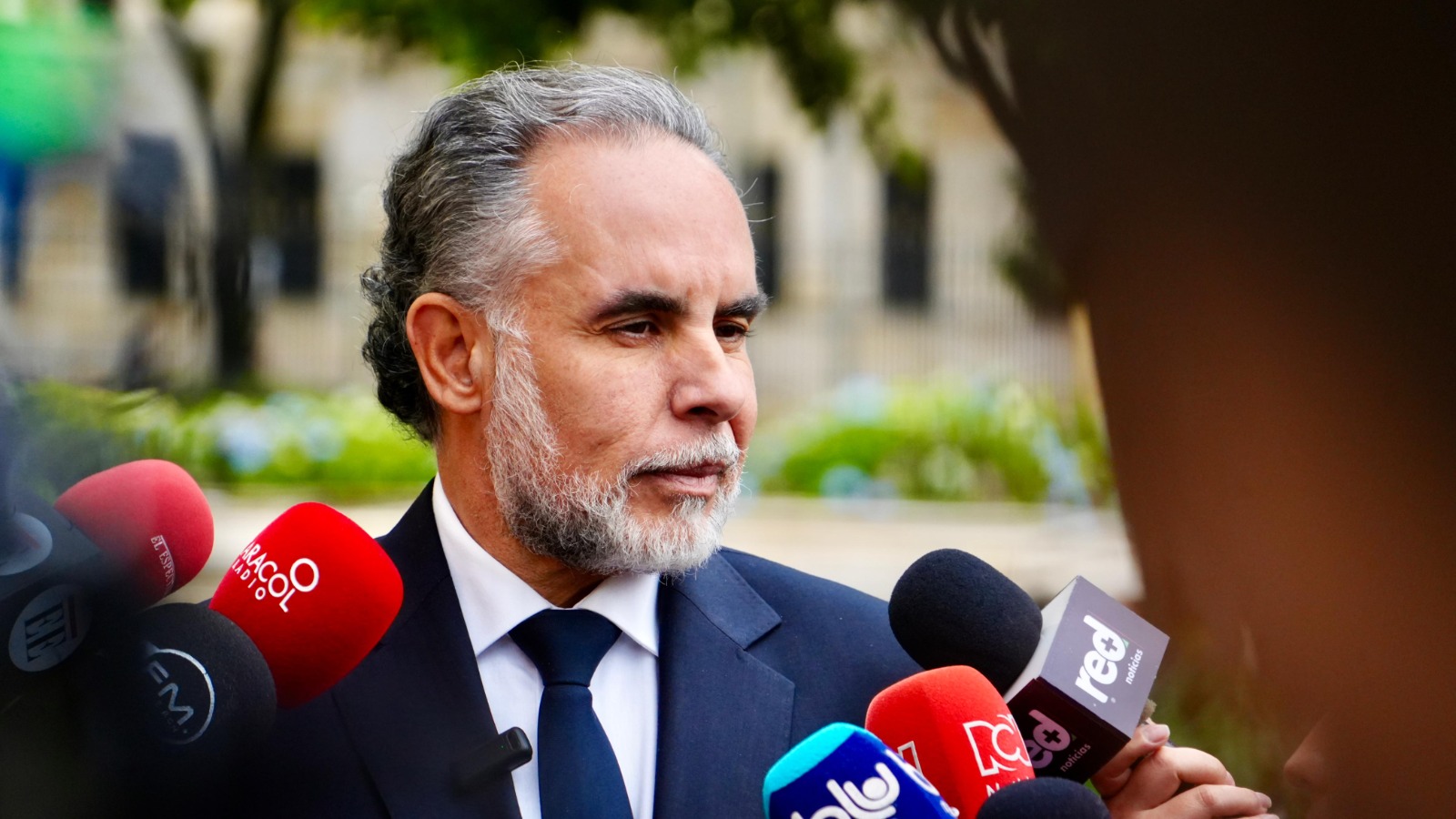
Armando Benedetti, Minister of the Interior Photo: Ministry of the Interior
On the other hand, experts have pointed out that a constituent assembly, as proposed by the president, cannot be born from a purely presidential initiative, as the president himself stated in his tweet: "The constituent assembly has already been convened by the presidency. I believe that convening is necessary; the participation of the people is necessary to change Colombia."
By speaking of the "eighth ballot," the Petro administration is attempting to recall the 1991 constituent process and the "Seventh Ballot." However, the president forgets that this was a movement that emerged from civil society itself and was convened by multiple sectors. Instead, this is solely an initiative of the Petrist party and has had no echo in other camps.
“Society organized itself (even bypassing the constitutional provisions of the time, but with the legal authority granted by the executive and judicial branches) in an act of communion. A constituent assembly at this time would only lead to greater levels of polarization and social division. The worst enemy today is division, polarization, and radicalization,” added analyst and columnist for this newspaper, Gabriel Cifuentes, on this topic.
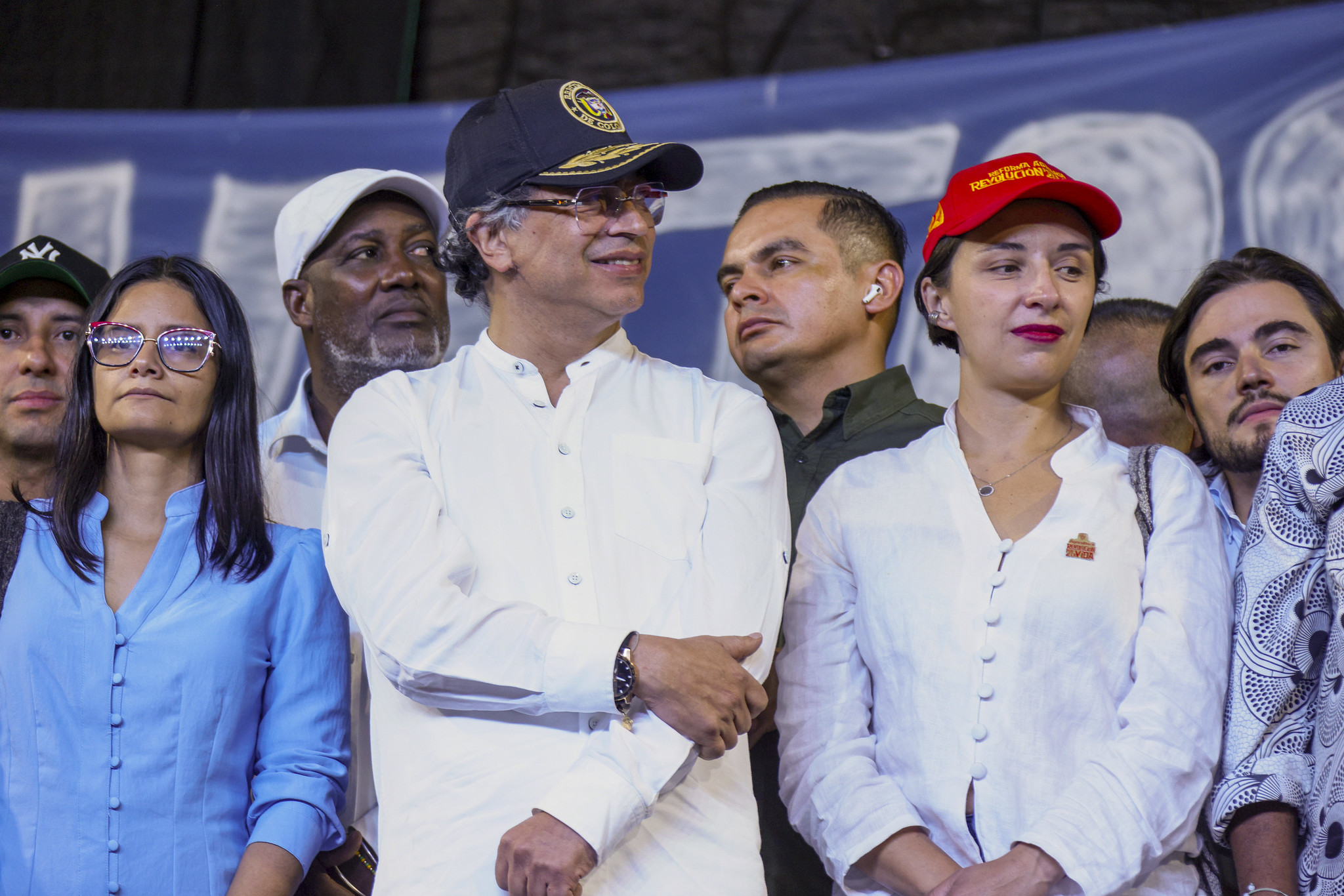
President Gustavo Petro at his rally in Cali. Photo: Presidency
In that same vein, this government has demonstrated that grassroots initiatives often don't receive the same response when they're called by those in power rather than by social processes. It's enough to recall the many mobilizations that didn't have the expected turnout, and that's because marching as an opposition member isn't the same as marching as a government member.
On the other hand, there are some sectors that believe that President Gustavo Petro is paving his political path after leaving office. “The constituent assembly is the president's plan for when he becomes president. His goal is to overthrow the 1991 Constitution and build one he wants. He's laying the groundwork for his plan. That's not viable right now,” Senator Angélica Lozano told EL TIEMPO a few days ago.
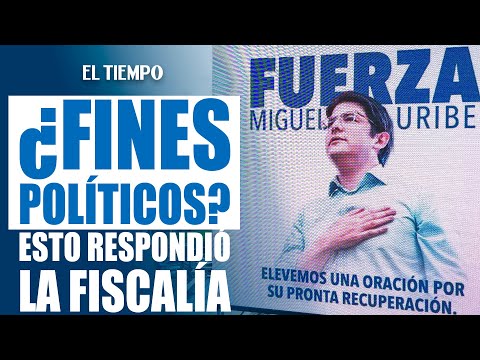
Could the attack on Miguel Uribe have political motives? Photo:
Juan Sebastian Lombo Delgado
eltiempo





